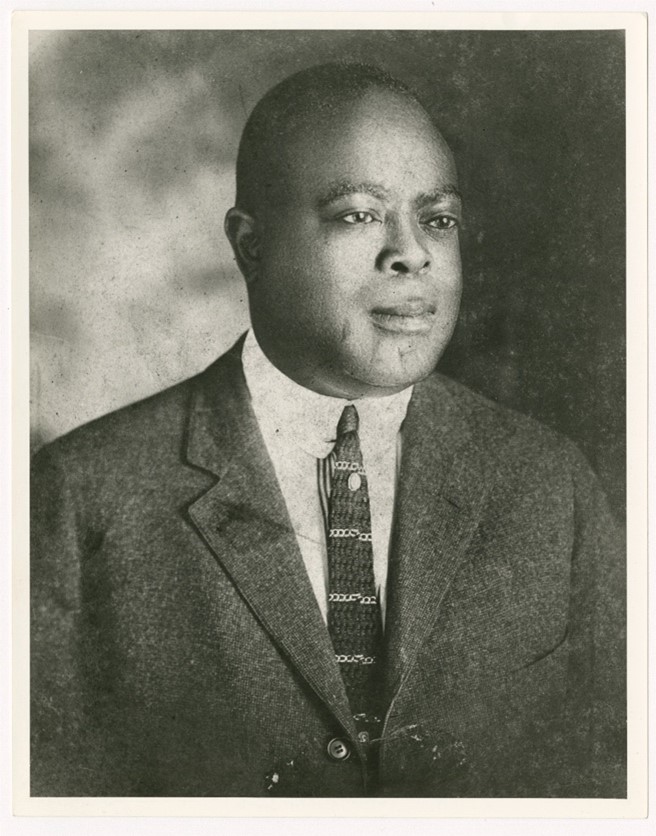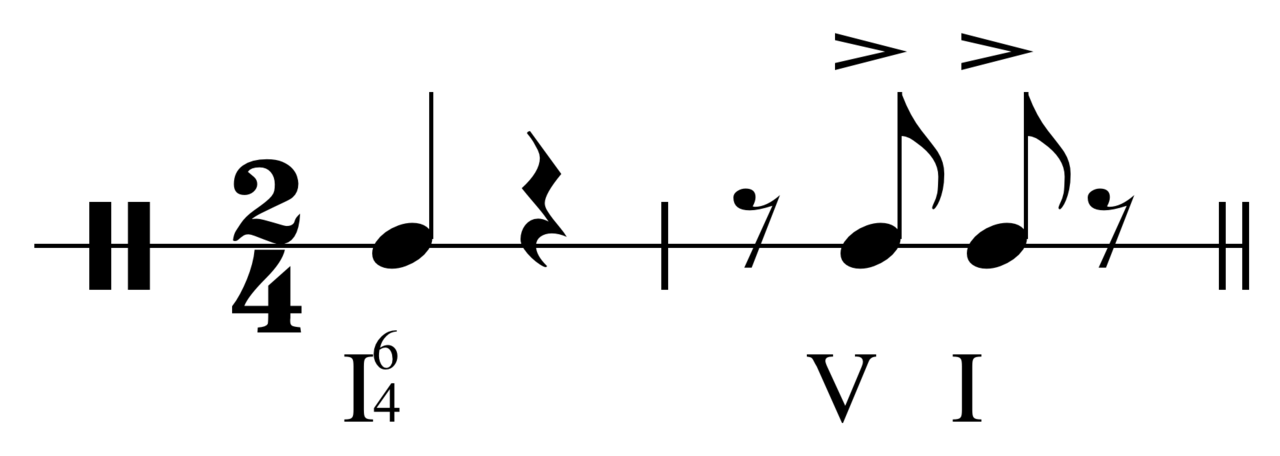
The Art of Collective Improvisation to the Art of the Improvising Soloist 1
Joe "King" Oliver (1885-1938) was a cornetist and bandleader who earned his nickname as the leading cornetist in New Orleans. Oliver moved to Chicago in 1918 and began to lead his own band in 1920. After a brief stint in California, his group landed a long-running, multi-year engagement in one of Chicago's most popular dance halls, Lincoln Gardens. He made some of the earliest recordings of New Orleans jazz in 1923. Oliver brought together a first-rate group of musicians, which took the name King Oliver's Creole Jazz Band and included a young, emerging cornet talent-Louis Armstrong.
Let's listen to one of Oliver's tunes, "Dippermouth Blues" . Notice how the various instruments blend. It would appear that each instrumentalist is doing their own thing, yet there is a cohesion to the overall sound. Musicians describe this sort of texture as polyphonic, literally meaning "of many sounds." This polyphony is the essence of the collective improvisation of the New Orleans style.
There are three remarkable passages of collective improvisation in this recording (0:05-0:36, 1:10-1:26, and 2:15-2:31). We also hear another characteristic technique associated with the New Orleans style: stop time. Of course, time doesn't stop, but the band initiates a series of repeated accents that create silent spaces to be filled by a soloist.
The simplest version of stop time occurs when a band sounds only on the downbeat of each measure. In this case, though, everyone (except the clarinetist, who is the soloist) plays on the first three beats of each bar ("1 2 3 . . . 1 2 3 . . . 1 2 3"), effectively opening up the second half of each measure. In this way, we better hear clarinetist Johnny Dodds, as he solos over two blues choruses (0:37-1:08).
Notice, too, Oliver's cornet solo over three choruses (1:24-2:08). His distinctive "wah-wah" was one of the bandleader's signature sounds. It's also worth noting the overall character of New Orleans-style jazz, a dynamic sound that conveys a marvelous sense of exuberance.
Wynton Marsalis
Jazz music is the power of now. There is no script. It's conversation. The emotion is given to you by musicians as they make split-second decisions to fulfil what they feel the moment requires.
Heebie Jeebies
Say, I've got the Heebies
I mean the Jeebies
Talking about
The dance, the Heebie Jeebies
Do, because they're boys
Because it pleases me to be joy







